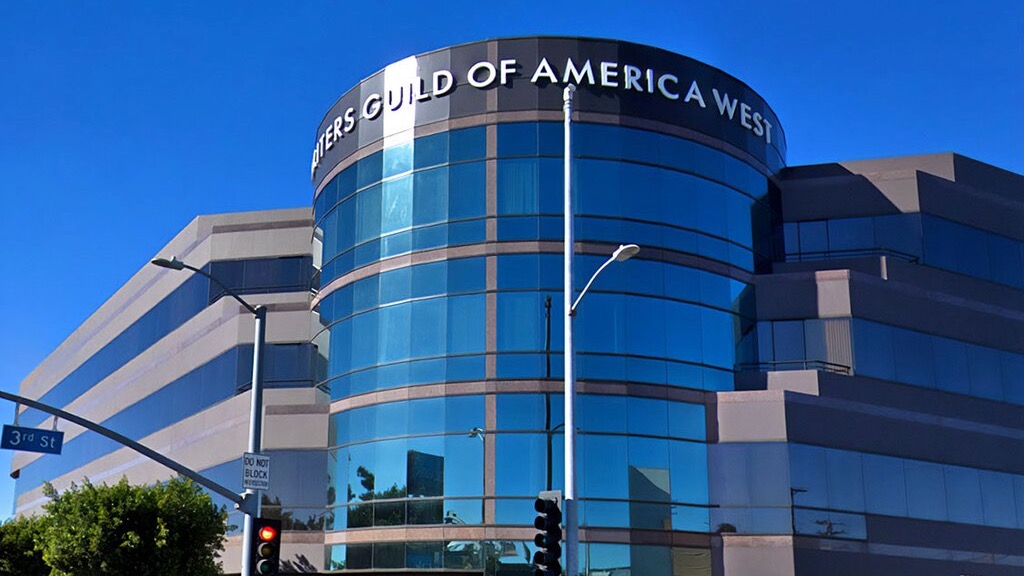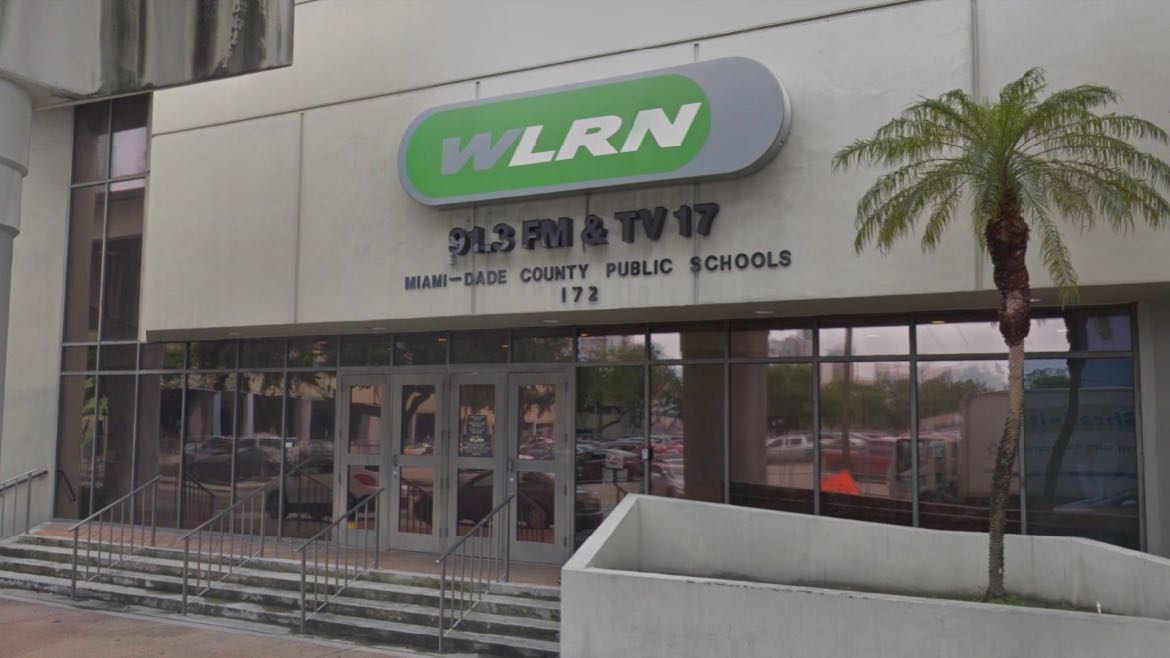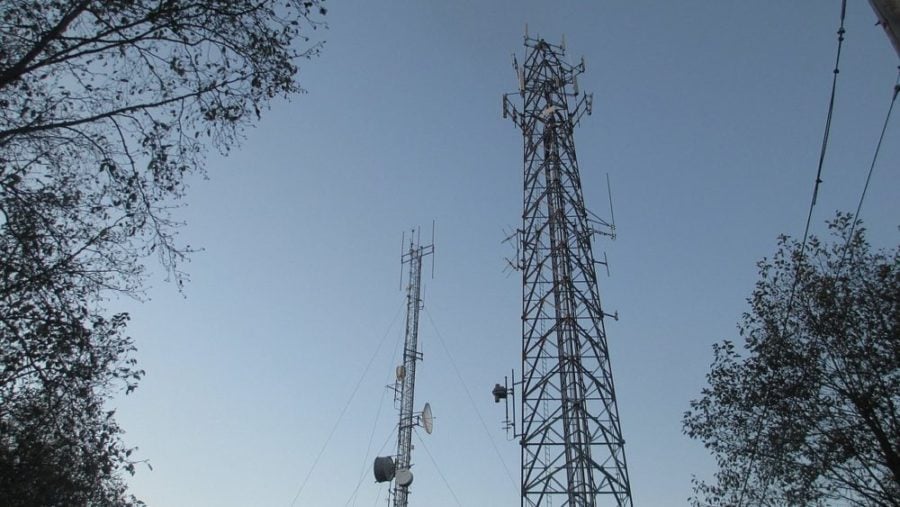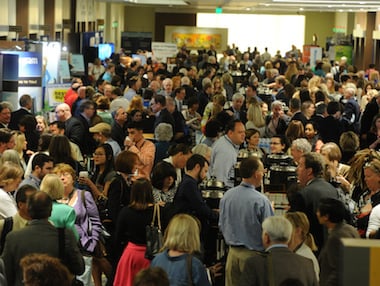Unions for freelance writers seek new deal with GBH, WNET and PBS SoCal

Amanda scott / CC BY-SA 4.0, via Wikimedia Commons
The Writers Guild of America West building in Los Angeles.
Unions representing 150 freelance writers are working with three public television stations on a new contract.
Writers Guild of America East and Writers Guild of America West are negotiating with GBH in Boston, the WNET Group of New York City and Public Media Group of Southern California to renew their public television freelance agreement expiring Oct. 9, according to Sam Wheeler, executive director of WGA East. The contract has been in effect since July 2019.
The unions seek to increase the number of workers covered by the collective bargaining agreement.
Public television writers on animated shows such as Cyberchase and Molly of Denali and those working on PBS’ made-for-streaming content are not covered by the current agreement, Wheeler said. Changing that could affect dozens of workers immediately and hundreds in the long term, he said.
“We believe all writers should get union benefits, regardless of where their work appears or whether their content is live or animated,” Wheeler said in an email.
Representatives for GBH and the WNET Group, which includes PBS producing station Thirteen, declined to comment on ongoing negotiations. Public Media Group of Southern California, which operates two stations in Los Angeles, did not immediately answer questions from Current.
Writing fees and potential residual compensation involving streaming are also on the table, but Wheeler said he could not share specific proposals.
“Writing fees comprise a portion of writers’ overall compensation package, which has remained stagnant over the past several years,” Wheeler said. “Writers are fed up with this expectation as inflation has skyrocketed in the past couple of years.”
Wheeler noted online platforms include PBS Passport, PBS.org, and PBSKids.org. “There is a clear need to address residual compensation if PBS transitions to a streaming-first or streaming-only model,” Wheeler said.
Wheeler said the guilds are also seeking the same protections from uses of artificial intelligence as those won by television and film writers in their 2023 contract with the Alliance of Motion Picture and Television Producers.
Under that agreement, negotiated in 2023, AI is not considered a “writer.” Television writers aren’t required to use AI software but could if the production company that a writer is working with agrees. The agreement includes other AI protections, such as requiring a production company to disclose when they provide AI-generated material to a writer.
A statement from the WGA-Public Television Negotiating Committee said the mission of public media is more important than ever.
“We all know these are difficult times for public media on a number of fronts,” the statement said. “Our hope is that through these negotiations, we can strengthen the writers who create this essential content and strengthen the system that provides this vital service.”







